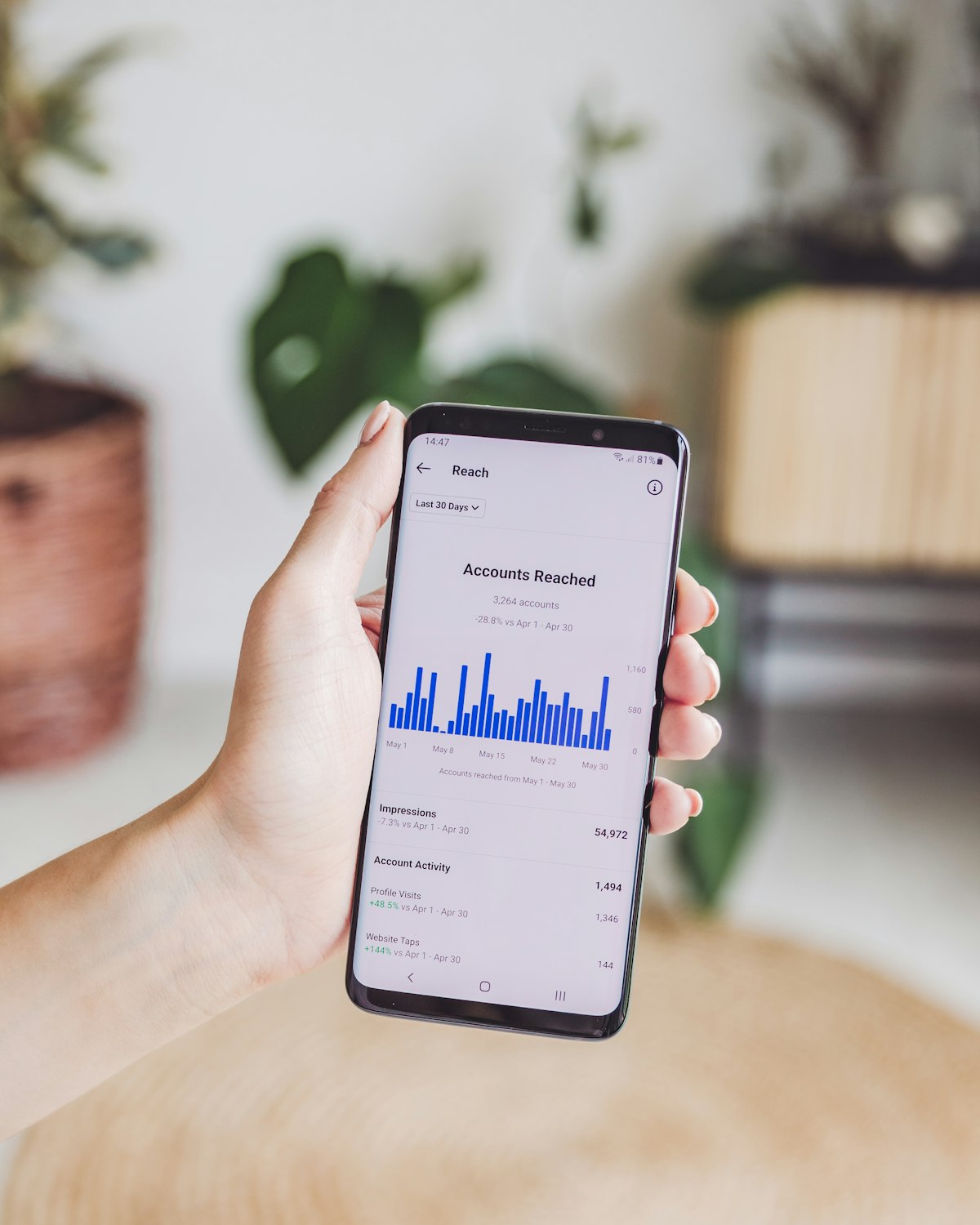Limited Ads - New way of more private monetization (de)

Limited ads provide a way for publishers to respect user privacy, while still maintaining a revenue stream from advertising. However, it's worth noting that limited ads typically have lower CPMs (cost per thousand impressions) compared to personalized ads, as they are less targeted and thus potentially less effective for advertisers.
Limited ads are a concept introduced by Google in response to privacy regulations like the General Data Protection Regulation (GDPR) in the European Union and the California Consumer Privacy Act (CCPA) in the United States. These regulations aim to protect user privacy by limiting how personal data is collected and processed.
Context of Google Publisher Tags (GPT)
Limited ads allow publishers to serve ads without using cookies or collecting personal data from users who have not given consent for their data to be processed. This approach ensures compliance with privacy regulations while still enabling publishers to monetize their content.
When a user from a region with strict privacy regulations visits a website, and either has not given consent or has opted out of personalized advertising, the website can trigger a request for limited ads. This request informs Google's ad servers to only send ads that do not require personal data processing.
Are they truly cookie-less?
As Google says, when Programmatic limited ads are turned on, invalid traffic detection-only cookies & local storage will be used to help defend against fraud and abuse. Google does not require publishers to obtain consent for this use case
Read more about Limited ads: Documentation
